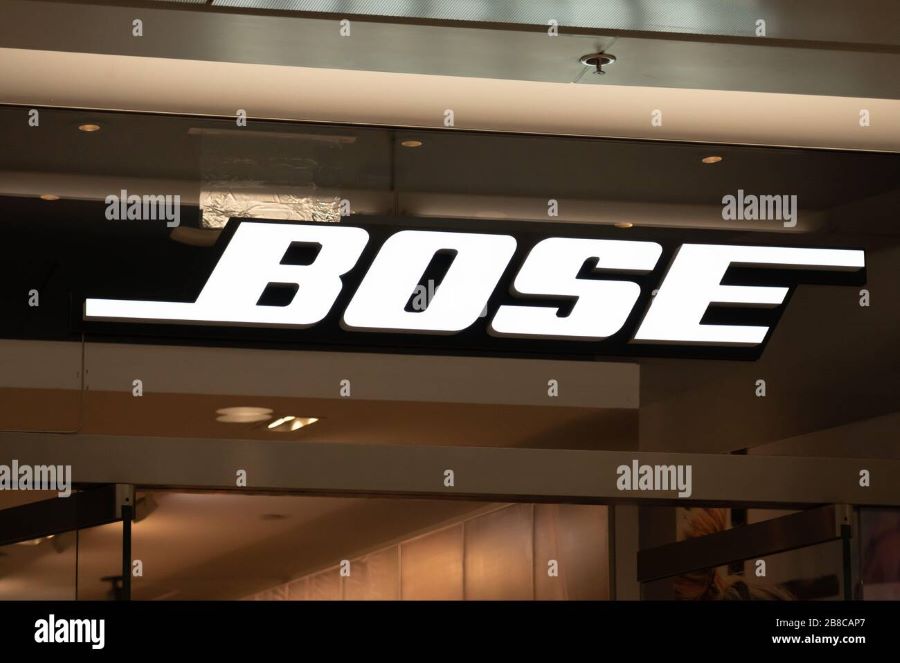Anamika Dey, editor
Brief news
- Federal regulators have ruled that Amazon is liable for defective goods sold by third-party merchants on its online marketplace, contradicting Amazon’s claim that it is merely an intermediary.
- The U.S. Consumer Product Safety Commission has determined that Amazon is a distributor of products and therefore bears legal responsibility for their recall.
- Amazon is required to establish a strategy for informing the public about hazardous products, as well as providing refunds or replacements to affected consumers.
Detailed news
Federal regulators have ruled that Amazon is liable for defective goods sold by third-party merchants on its online marketplace, contradicting the company’s assertion that it serves as a mere intermediary between consumers and sellers.
The U.S. Consumer Product Safety Commission issued a groundbreaking order on Tuesday, stating that the agency unanimously concurred that Amazon “fits squarely” within the definition of a distributor of products and, as a result, “bears legal responsibility for their recall.”
In accordance with the agency’s determination, Amazon is obligated to establish a strategy for informing the public and consumers about the hazards of the products in question, as well as providing refunds or replacements to consumers who have purchased the affected items.
Approximately 60% of Amazon’s e-commerce transactions are now attributed to the marketplace, which is home to millions of third-party merchants. Although the marketplace has assisted Amazon in generating unprecedented revenue, it has also been demonstrated to contain counterfeit, hazardous, and expired products. The company has previously stated that it allocates hundreds of millions of dollars annually to guarantee that the products it sells are both safe and compliant.
The decision involves a contentious matter that has been the subject of much debate for many years. In numerous disputes, Amazon has maintained that it is solely responsible for the conduit between buyers and vendors on its marketplace and is not involved in the sourcing or distribution of products sold by third-party sellers, thereby excluding it from liability. This defense has been effective for Amazon in the past, as evidenced by a 2018 case involving the purchase of a defective hoverboard that detonated and destroyed the home of an Amazon shopper in Tennessee. In other instances, federal courts and legislators have declared that Amazon should be held accountable.
The matter was once again raised when the Consumer Product Safety Commission (CPSC) filed a lawsuit against Amazon in 2021 to compel the company to recall hundreds of thousands of products that it considered to be hazardous. 418,818 items were sold through Amazon, including defective carbon monoxide detectors, hairdryers without electrocution protection, and children’s sleepwear that posed a burn risk.
In its response to the agency complaint, Amazon contended that it should be classified as a third-party logistics provider, asserting that it exclusively receives and transports the products sold through its website.
However, Amazon prohibited merchants from selling all of the products that were flagged by the CPSC and removed them from its marketplace. The company informed consumers who purchased the items of “potential safety issues” and advised them to dispose of them. Additionally, the company provided them with a credit.
The Consumer Product Safety Commission (CPSC) deemed these actions “inadequate,” asserting that the company should have provided refunds to encourage consumers to return or demolish the product.
Amazon’s contention that it should be classified as a third-party logistics provider was rejected by an administrative law judge, according to the agency’s ruling on Tuesday. The judge cited Amazon’s Fulfilled by Amazon service, which involves vendors delivering inventory to the company’s warehouses, where it is retained until it is purchased.
The adjudicator stated that this program grants Amazon “extensive control” over the products sold on its platform.
“Amazon is unable to circumvent its obligations under the [Consumer Product Safety Act] solely because a portion of its extensive services involves logistics,” the decision states. “Amazon is obligated to adhere to the CPSA in order to safeguard consumers from harm.”
A request for comment was not promptly addressed by Amazon representatives.




